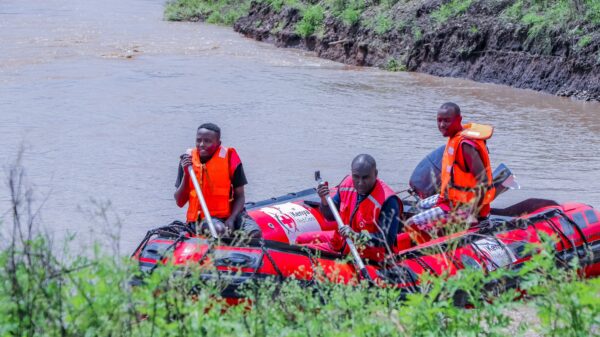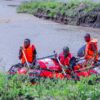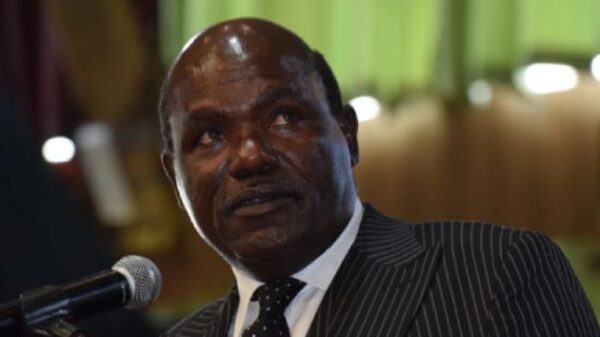Adolescence is the tipping point for girls. Their self-introspection to understand unfolding bodily and emotional changes is intense at this point in their life cycle when they also experience heightened vulnerabilities. As they enter puberty, various forms of discrimination against girls puts them at higher risk of being subjected to sexual violence and harmful practices such as female genital mutilation and child marriage.
Covid-19 magnified the magnitude of violence against women and girls experienced at the homefront. The loss of social protections due to restrictive measures such as lockdowns, curfews, and school closures amplified the risks for adolescent girls who were left without safe community spaces where they could seek reprieve from their abusers. These perpetrators are often intimate partners, close relatives, and those in positions of power within public and private terrains.
The grim statistics of the 2020 National Crime Research Centre report on the occurrence of GBV during the Covid-19 pandemic is a compelling wake-up call to all actors in this field. The report revealed that the number of GBV cases recorded between January and June 2020 had an increase of 92.2% compared with those between January and December, 2019. Defilement was the most common form of violence during this period, according to data from the National GBV Helpline HAK 1195.
Any form of violence has profound effects on the holistic well-being of women and girls. It can result in unwanted pregnancies, sexually transmitted infections, including HIV, fistula, and unsafe abortion. It leaves deep psychological scars that can take years to overcome. For young survivors, sexual violence threatens their entire future and ability to reach their full potential. The trauma often leads to poor school performance, anxiety, depression, and suicidal ideation which impedes productivity while amplifying morbidity and mortality indices.
Sexual violence against women and girls is linked to multiple and intersecting risk factors, among them household poverty, norms and practices that sanction and tolerate violation of women’s and girls’ rights, humanitarian exigencies such as the current drought, and weak policy and legal deterrents. Unequal power relations and disrespect for women’s rights as human rights equally lead to their susceptibility to violence both in the public and private domains.
Eliminating sexual and gender-based violence therefore requires a continuum of short and long-term strategies. Robust research and investment in prevention programs is imperative. Strong partnerships and funding mechanisms are needed to uphold and advocate for zero tolerance to GBV and harmful practices at all levels of society. Survivor-centered approaches in service provision should be institutionalized. Management of GBV and harmful practices requires effective coordination of multi-sectoral interventions that present a wide range of measures, including mental health and access to justice support for victims and survivors.
As the world marks 16 Days of Activism against gender-based violence, the role of women and girls in re-imagining a world free from all forms of violence should be exceptionally acknowledged. This is a time to acknowledge the magnitude of the global crisis of sexual violence against women and girls with the aim of catalyzing action towards zero tolerance. Prevention and justice programs that reach all survivors of sexual violence must include youth-friendly and adolescent-responsive practices that guarantee accessible, appropriate, and equitable services for adolescents and youth.
A society that negates the well-being of its women and girls foregoes half of its development possibilities. The message that all girls deserve to grow up free from the threat of sexual violence, should therefore be affirmed during these sixteen days and beyond, as we march towards zero gender-based violence in Kenya.
Dr. Ademola Olajide is UNFPA Representative.
Wangu Kanja is the Founder/Executive Director, Wangu Kanja Foundation.


























































